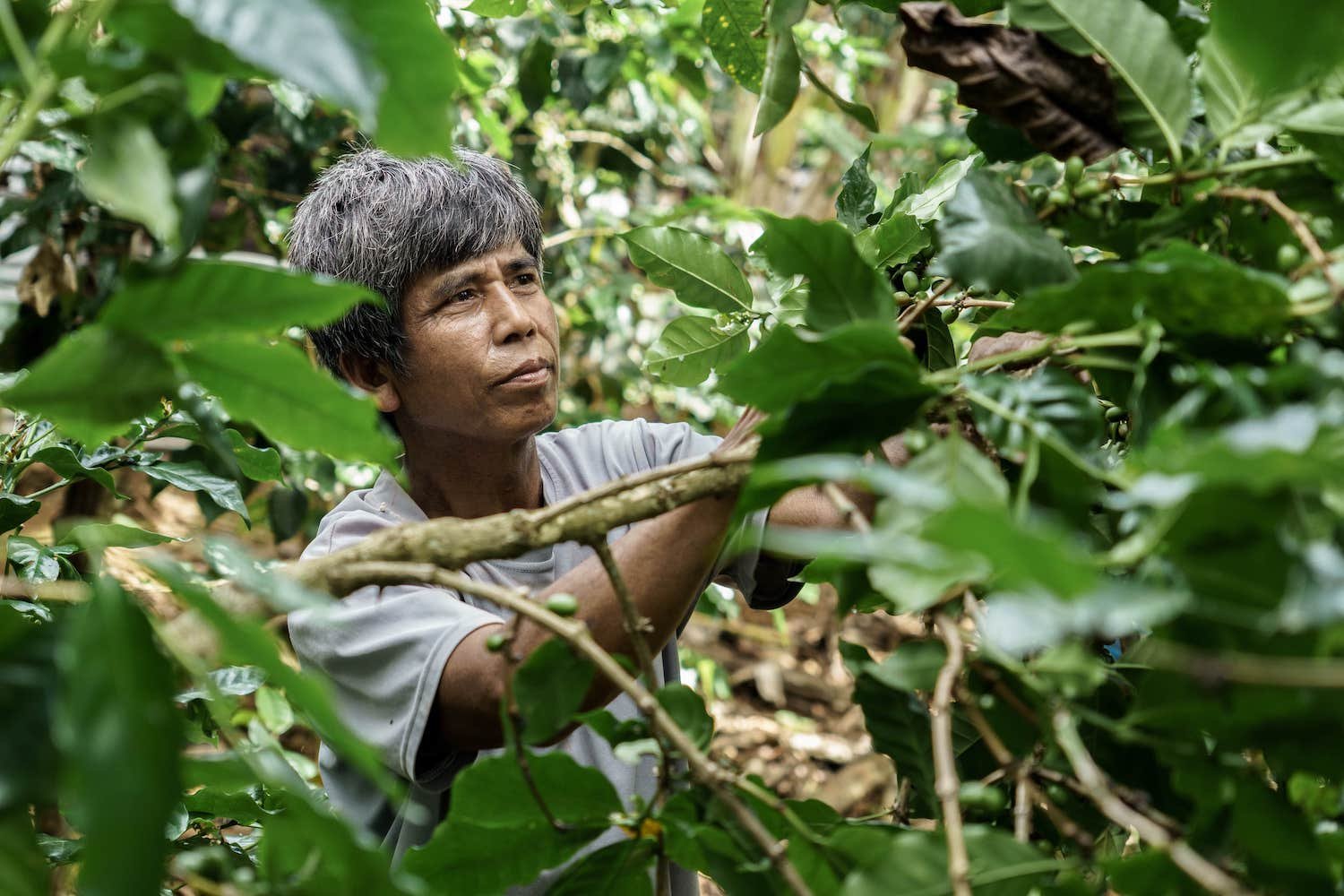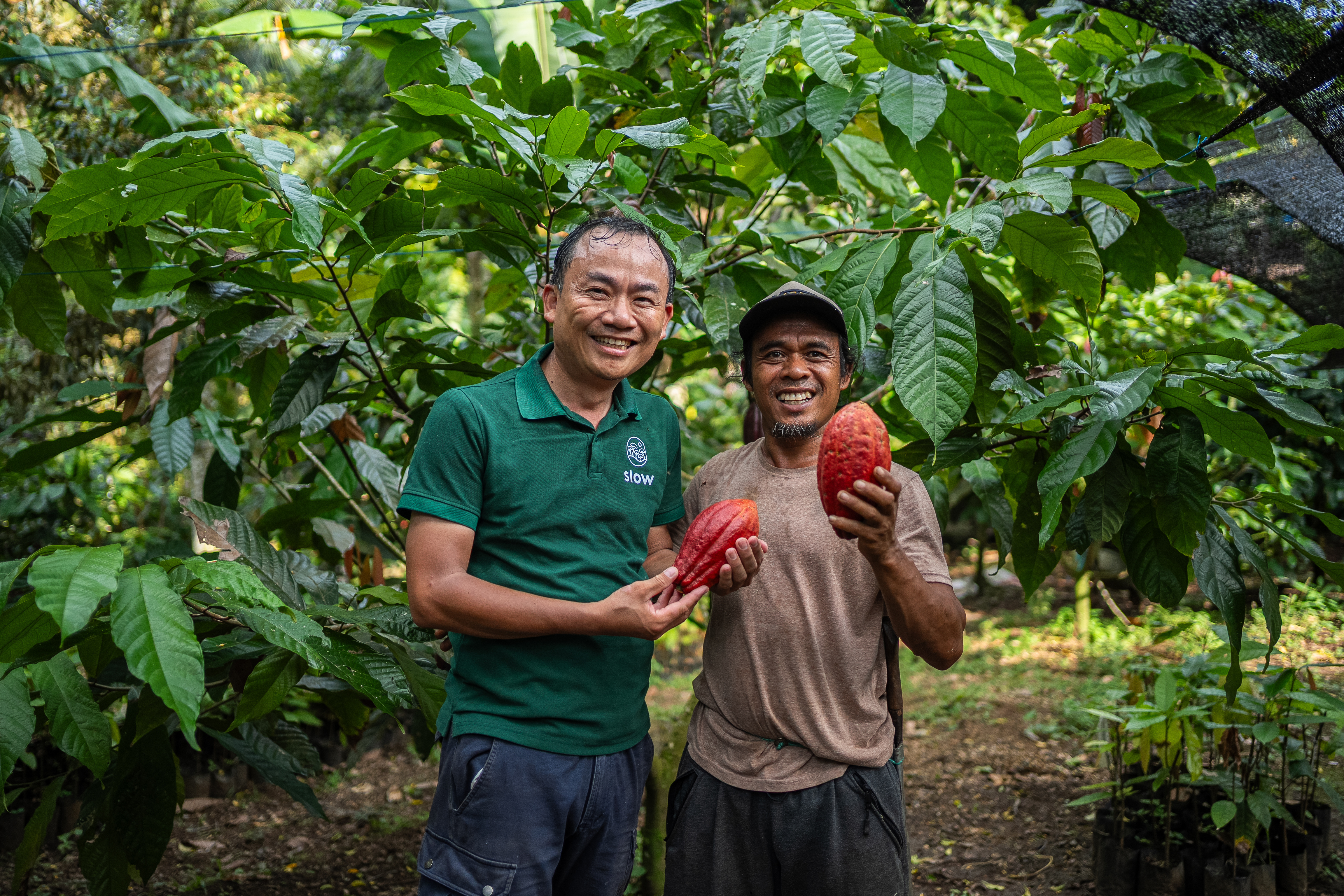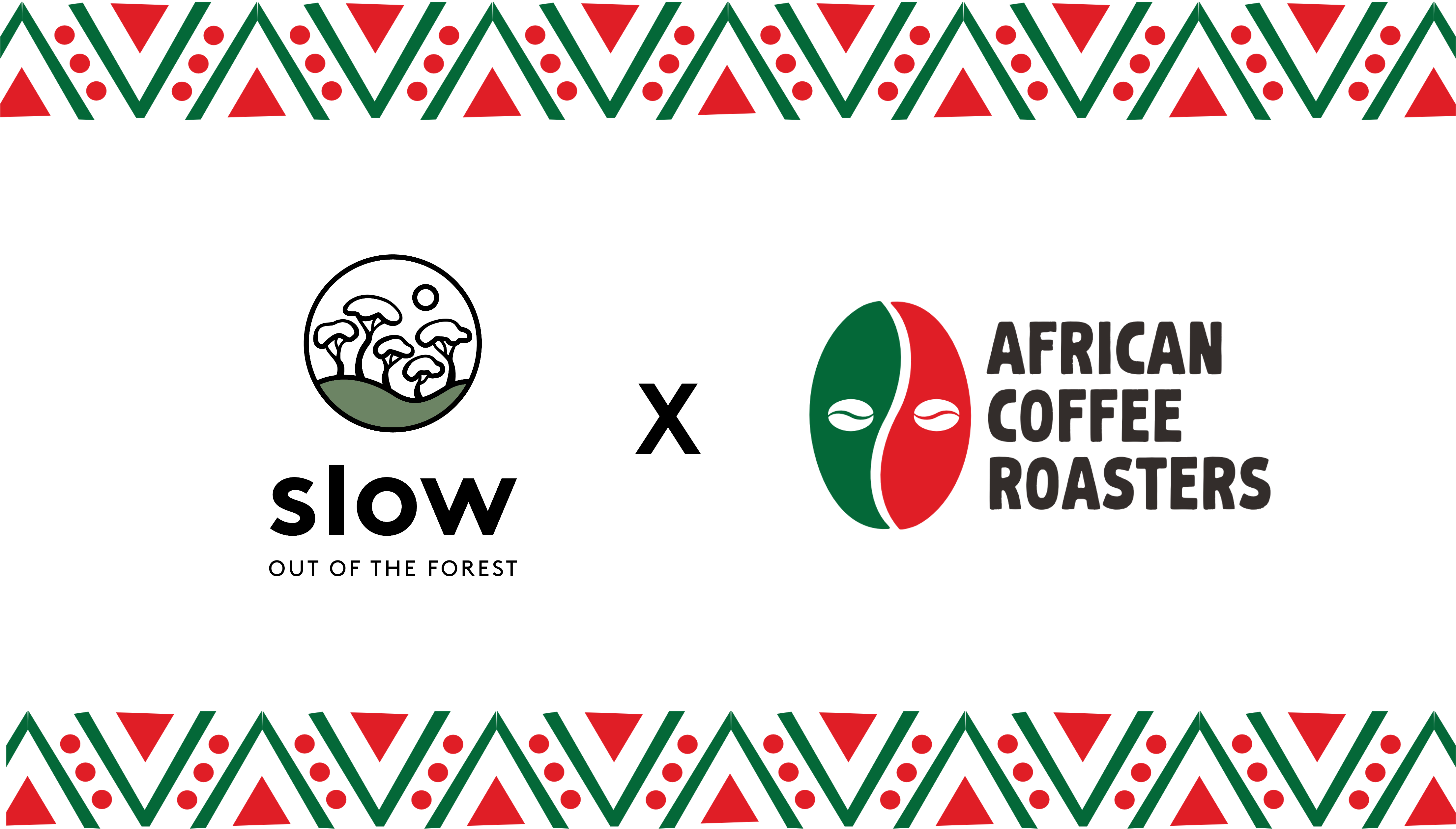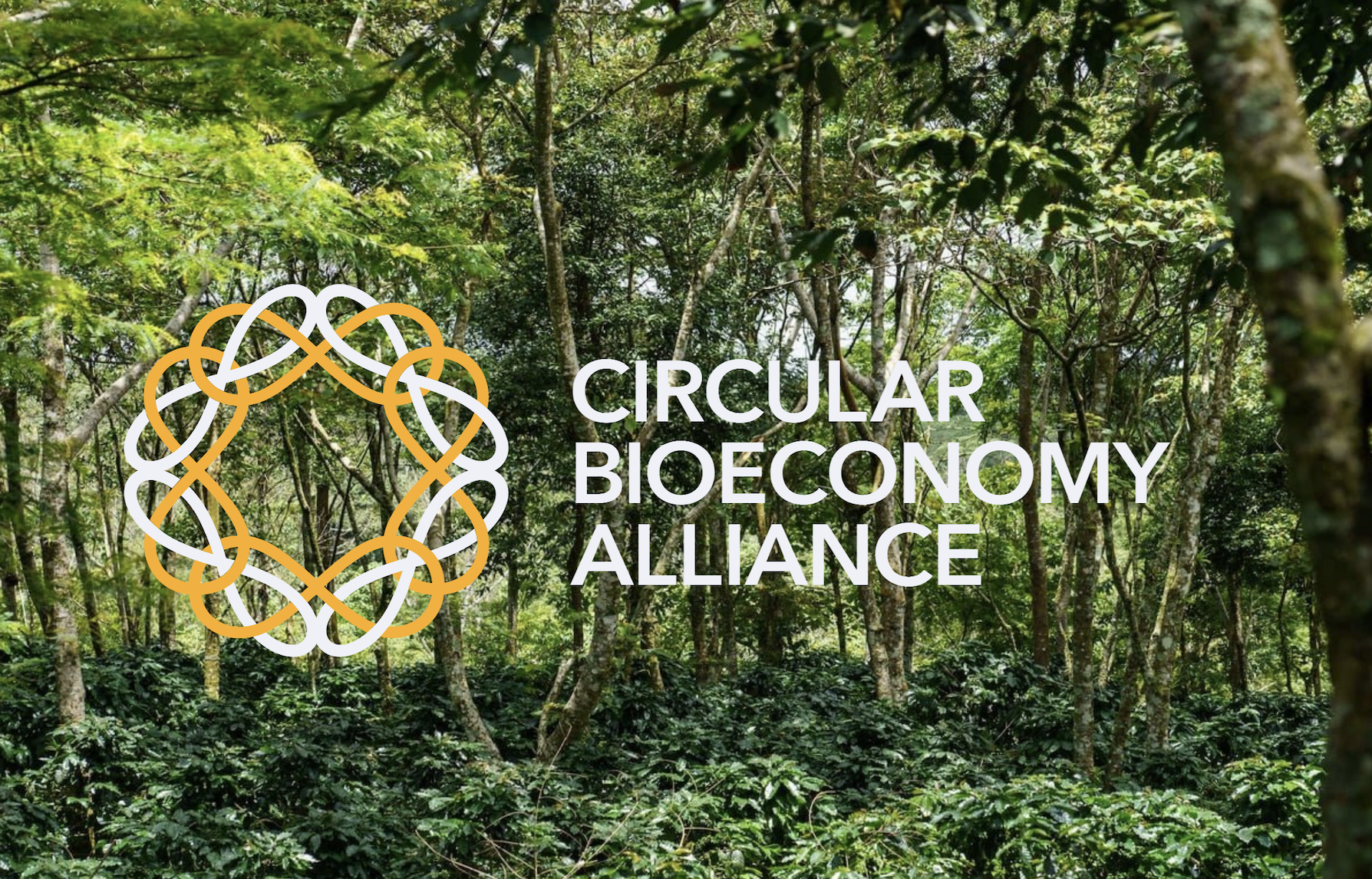Earth Day: Four ways to reduce your coffee and chocolate footprint
Earth Day reminds us that change doesn't have to wait for sweeping policy or perfect systems. Often, it starts with something as simple—and as...
-1.jpg?width=2000&name=Coffee%20cherries%20(3)-1.jpg)
For generations coffee has been underpriced, said the CEO of Fairtrade Denmark, Camilla Erika Lerberg © Slow
A simple cup of coffee can cost upwards of four euro. It’s easy to assume farmers who toil day and night to produce the beans are reaping the rewards. But, the reality is far from fair.
Fairtrade International estimates that for every four euro cup, the farmer receives a mere €0.04. This stands in stark contrast to Fairtrade farmers who receive 10%.
As Camilla Erika Lerberg, CEO of Fairtrade Denmark emphasises on interview with Slow, “For generations, we’ve underpriced coffee. Consumers have become accustomed to paying too little."
Before Fairtrade, you wouldn’t know if your coffee came from Brazil, Colombia or Indonesia. These coffee-growing regions remained shrouded in anonymity, and worrying about the farmers who grew them wasn’t part of the equation—whether their children went to school or if their villages had clinics.

Mr Buasy Huay Jied cultivating sustainable coffee in Laos © SLOW/ Saosavanh Ketmala.
These coffee-growing nations, alongside countless others producing cash crops, were labelled under the dismissive term ‘Third World’. And not caring about their farming realities was, in part, a legacy of their colonial past.
Farmers in Asia, Africa and South America endured harsh conditions, growing desired crops for ruinously low prices. Empires may have crumbled, but the trade scales remained lopsided, with “efficiency” often translated into paying farmers as little as possible.
“Sometimes it feels like things haven’t improved,” Lerberg laments. “The pressure on smallholder producers today is immense and exploitative.”
Fairtrade works with smallholder farmers, those with farms below five acres. Worldwide, 60% of coffee beans come from these producers, yet nearly half live in extreme poverty — Camilla Erika Lerberg, CEO of Fairtrade Denmark
Fairtrade works with smallholder farmers, those with farms below five acres. Worldwide, 60% of coffee beans come from these producers, yet nearly half live in extreme poverty. A poor harvest or sudden price drop can shatter their livelihoods.
These farms are typically family-owned, with parents and children, supported by communities and cooperatives.
While Fairtrade strives for fair pricing for all, some large coffee companies adopt a different strategy. They often showcase small-scale pilot projects, representing a mere 1% of their massive operations.
Presented as an aid for “poor” farmers, these initiatives often involve individuals owning significantly larger plots (around 50 acres), exceeding Fairtrade’s definition of “smallholder”. This raises questions about the true impact of such projects and their potential to distract from addressing systemic issues within the wider coffee industry.
Lerberg emphasises the inherent inconsistency of cherry-picking small projects while ignoring the scale of their overall operations.
Founded in 1997, Fairtrade seeks better living conditions, wages, and sustainability for producers in Less Economically Developed Countries (LEDCs).
“They lack government protection,” Lerberg explains. “Being alone as a smallholder producer in a global trade means they won’t get the price their commodity deserves, let alone a living income, which is what it’s all about.”
“Imagine being a coffee farmer about to sell your beans. Traders still pressure for the cheapest possible cost,” Lerberg says.
Fairtrade, founded on the conviction that consumers can make the marketplace more ethical, focuses on price as a simple, measurable way to ensure ethical responsibility.
Their network of nearly 900,000 certified coffee farmers in over 650 producer organisations across 31 countries benefits from this approach.
Beyond fair prices, Fairtrade farmers also receive a “Premium” - an additional sum collectively invested in projects improving productivity, climate adaptation and basic community services. This empowers farmers and strengthens their communities.
While specific standards like labour conditions and waste disposal are crucial for Fairtrade certification, Lerberg explains, "For companies, the true essence of ethical responsibility towards producers lies in fair pricing."
This philosophy, she believes, creates a ripple effect of positive outcomes.
Fair pricing allows farmers to hire adult workers, ensuring children stay in school and receive proper health care. It allows for investments in better fertilisers and reduced pesticide use, leading to improved yields and environmental protection.
Ultimately, it translates to preserving forests, biodiversity and a sustainable future for generations to come.
Highlighting this commitment, Fairtrade operates as a unique entity partly owned by its producer cooperatives. This grants farmers a powerful voice, holding 50% of board seats and actively shaping decisions, including minimum pricing. But the benefits extend far beyond just price.

Earth Day reminds us that change doesn't have to wait for sweeping policy or perfect systems. Often, it starts with something as simple—and as...

Big news from Slow. African Coffee Roasters is now part of the Slow family. And this isn’t just an acquisition—it’s a major step forward in how...

A few years ago, coffee and chocolate were just products. But at Slow, we’re changing the story. We’re not just selling beans and cocoa, we’re...